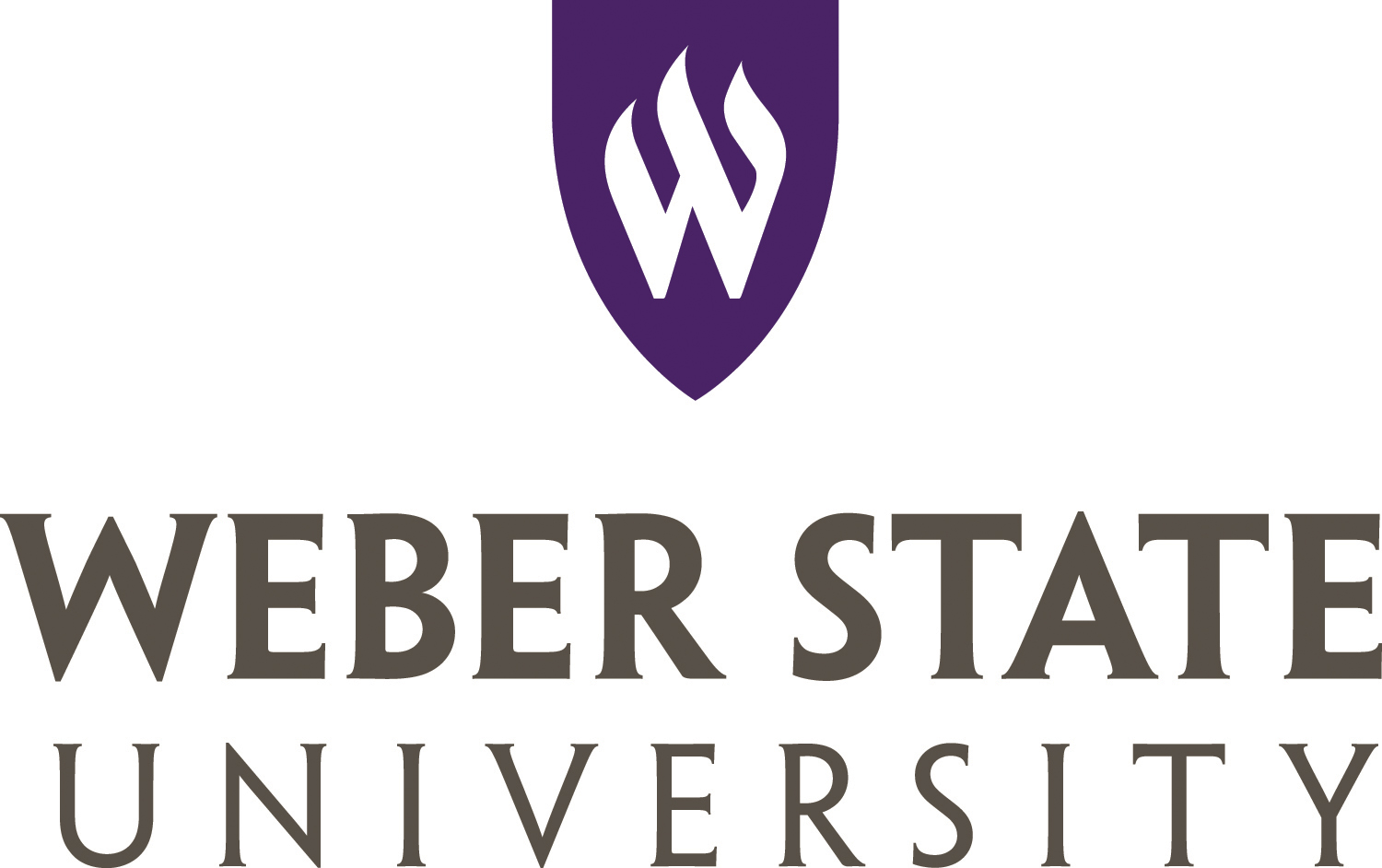Hi All,
This is Chuck again posting the final concurrent blog post on the APA Psychology Summit in Ogden, Utah at Weber (Wee-burr) State University. These represent my reflections and perceptions and not those of the event organizers.
As I write this, I am in a hotel room in Park City, Utah, east of Salt Lake City. It was the location of the 2002 Winter Olympics as well as the Sundance film festival. I mention this to emphasize that when you have conferences/meetings you attend, see if you can find out if you can add a day or more to the time in the area to take in the local sites. My plan is to go hiking in the Wasatch Mountains tomorrow morning to see how well I can handle the altitude. I live near sea level in California. I've already walked part of the city and had dinner. As I was driving here, my lack of sleep caught up with me and once I got to the hotel room, I crashed.
Thursday events
Last push with our presentations--editing and practice--each group had only ten minutes and each could easily have been an hour. The time constraints really made us focus. We had so much we accomplished within each group and there was so much to share. A common theme of participants was that we wanted more time to present and to listen to the other groups. We had to get creative.
Each strand had recommendations to the APA on what they would like to see in order to accomplish their goals. I cannot emphasize this enough--this will take a few months for some and years or even decades for others. This week was already one dream come true. There are many others that will take time, effort, and advocacy to occur. The younger teachers in the first ten years of their careers will need to take up the mantle and carry out the recommendations on how to improve high school psychology that we came up with and adapt them to the changing conditions of the future.
After hearing the wonderful work that the strand groups completed, we debriefed and went back to the dorms to change clothes. There was a reception at the Alumni House prior to the talk by Dr. David Myers of introductory psychology and social psychology textbooks. He had been with us throughout the day exchanging stories with anyone who spoke with him. He is an incredibly kind and receptive man.
Prior to dinner, we moved to the Dumkey room where we were treated to Dr. Myers talk titled, "Teaching Psychological Science in a Post-Truth Age." As a good scientist, every time he made an assertion, he backed it up with data and logical support. He also had a nice collection of relevant cartoons to illustrate his points.
Dinner came next with lots of socializing and connecting there at the alumni house. We made our way back to the dorm where there were at least three different lounges and kitchens where conversations took place. Though we worked during our day sessions, we got to know each other as fellow humans outside the world of psychology and got to know some of each others' stories. The week left me so amped and stoked, I did not want to go back to my room and to sleep. I stayed out talking with my new and old friends until about 12:30 am. I got less than six hours of sleep going into Friday morning. Just like in college, it was worth it.
Friday wrap-up
In the morning, most of us were up later than usual and speedily packing for our return flights home. Even after staying up late the night before, Tomee Pace led her group in one last yoga session at 6:30 am. During breakfast, we shared the microphones and thought about our next steps as individuals. The APA will be taking the recommendations to the
Education Directorate and the
Board of Educational Affairs.
We finished with last goodbyes, hugs, tears, and a variety of feelings that were warm and fuzzy. Suitcases were lugged, keys and cards were turned in and transitions back to "real life" begun. It was a life-changing experience for me.
There will be more to come regarding the conclusions, the recommendations, and the next steps that we will be taking in our part of the field of psychology.
Once I get home and settled next week, I will post some pictures.
 |
| Charles Schallhorn (L) and Dr. David Myers (R) |
Conclusions and Reflections
I left the week some incredibly motivated, energized, and inspired. In talking with several people, none had ever had a professional experience as powerful like this. My experience includes a month at the National Science Foundation at Eastern Illinois where I met Kent Korek of APSI and THSP blog fame, and two weeks at Nebraska Wesleyan where I met Randy Ernst, Charlie Blair-Broeker, Rob MacEntarffer, Alan Feldman, and many others. A large number of us remain friends to this day. Others had been at the St. Marys Conferences, others at the P3 conference, and other attempts to advance the level and quality of high school psychology.
The first word of the conference was "Science"
The last word of the conference was "Champion"
Talk to participants to see what each of those words means to them.
posted by Chuck Schallhorn













































